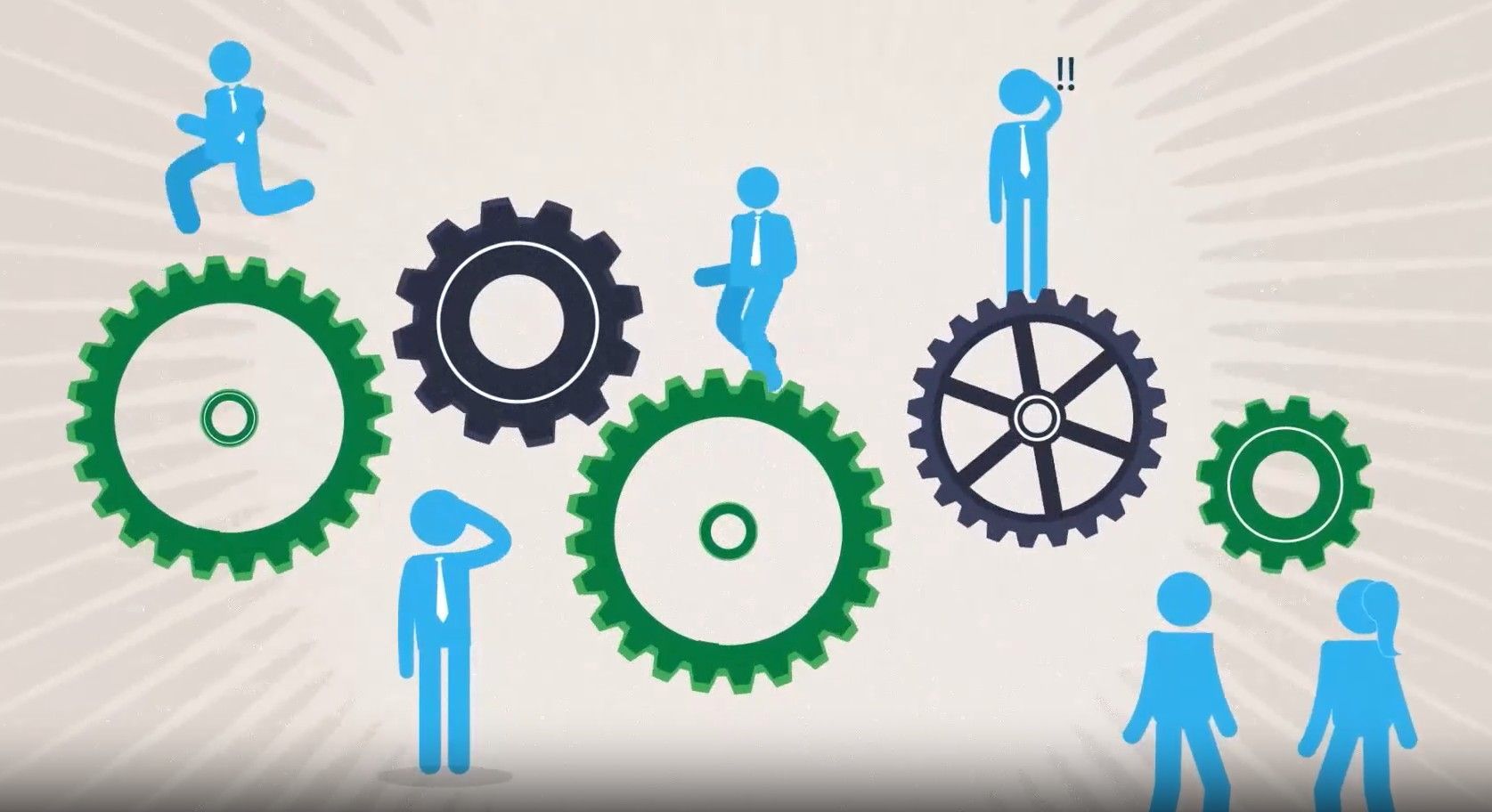Celebrating 20 Years in Business: Thank-You!
August 14, 2025
We knew where we wanted to go but not how to get there. Our clients taught us a great lesson about business growth that put us on the right path and has kept us there ever since.
By Phil Krone, President
I took the entrepreneurial plunge 20 years ago in July and launched my own marketing and management consulting firm, Productive Strategies, Inc. At the time, I wanted to offer sales process and marketing-related services but was unsure what the specific offerings would be.
We started out with the idea of serving US companies competing in the international marketplace. Fairly quickly, we learned a basic lesson we’ve remembered ever since and share with you now: Listen to your market and take what you hear to heart.
Initially, we did develop some clients the way I thought we would. We helped Master Lock find distribution partners in South America, for example. But within a couple of years two things happened more or less over the same period of time:
1. We realized that this market was difficult to sell to, largely because the decision makers were mostly out of the country and unavailable to meet with us.
2. Prospects seeking assistance with their domestic marketing issues kept approaching us for help. Instead of trying to swim upstream we took what the market was saying to heart changed our focus from international to domestic.
In the International market the biggest issue we saw was lack of good distribution partners. In the domestic market the biggest issue we identified was a lack of consultative selling skills and the absence of strong sales processes. As a consequence, by 1996, I had created our popular FOCIS® consultative selling course and since then our consultants have helped thousands of salespeople, managers, business owners, and professionals build their consultative selling skills and processes. The resulting growth our clients have told us about has been gratifying to me both professionally and personally. In fact, the 140-page FOCIS® workbook that accompanies the course is now in its 21st edition.
Naturally, we’ve continued to listen to the market ever since. After clients shortened their sales cycle and improved their success rate they started making comments like this “Now that I’m selling more I wish I had more opportunities in the pipeline”. After hearing this for a few years we decided to respond to this need and developed our outbound calling capability. We now generate leads, set appointments, make market research calls and other types of outbound calls on behalf of our clients.
For some time, individuals who found our sales training valuable believed that a course applying FOCIS® discovery principles to negotiations would be a natural companion. They kept asking when they could take that course.
This year we obliged and created FOCIS® Negotiating, A Consultative Approach. We’ve been negotiating deals for clients for years. But by taking to heart what we heard the marketplace saying we’ve at last organized what we know, researched, and tested over time into an especially effective way to build negotiating skill and process.
But learning how to negotiate at a high level can be a little tricky in at least three ways, mainly because of how people perceive negotiation and negotiators.
Tricky Learning Challenge #1: Asking any of us if we’re good at negotiating is akin to asking if we’re good at judging people. The answer will almost always be “Yes,” especially in business. Most of us feel that we’re “naturals” in these two arenas. After all, these are basic human interactions, we do them all of the time, and, well, we’re human, aren’t we?
Yes, it’s true that just as natural rainmakers exist in sales you can also be a “natural” negotiator-that is, a top performer without training. The catch is that examples of true naturals in either selling or negotiating are few.
The important thing to understand is that whether natural, trained, or both the most successful negotiators use the same or similar behaviors that other successful negotiators do. These are behaviors that less successful negotiators don’t use, don’t use as frequently, or don’t use as well. Significant research exists to support this point, and even better, these behaviors are known and can be taught.
Tricky Learning Challenge #2: Many people we talk with tend to confuse selling with negotiating. It is true that similar principles can be harnessed for selling and for negotiating. In practice, negotiations often follow the sales process in complex sales, and when we are negotiating, we often have to “sell” an idea or position.
It’s also true that a similarly striking performance gap exists among negotiators as exists among salespeople-and, even more telling, for the same reason. About 20 percent of any sales force brings in about 80 percent of the business. The reason is that top performers execute essentially the same specific behaviors their highly productive peers do and that less successful salespeople do not.
A gap between top-performing negotiators and others also exists in negotiation. Whether natural, trained, or both the most successful negotiators use the same or similar behaviors as other successful negotiators do and that less capable negotiators do not. The good news again is that, as in consultative selling, these behaviors are known and can be taught.
But despite such commonalities selling and negotiating are not identical twins and cannot be taught or learned in identical ways. Hence, a new FOCIS® course focused on negotiations training.
Tricky Learning Challenge #3: Most people, in our experience, say they practice the “win-win” style in negotiations. (Few admit to using the “predatory” negotiating principle of playing “hardball” so that the intended outcome is “win-lose.”)
Yet the win-win adherents may not realize that two kinds of “win-win” exist. Both begin with good intentions about both sides reaching a good position. But one achieves an outcome that is superficial because compromise occurs between two misunderstood positions. The foundation of the outcome is fragile. The other win-win negotiation also benefits both parties but is also sustainable. The discovery and persuasion processes used identify an accurate mutual understanding of the positions on both sides of the table.
Superior negotiators know how to help both sides find the clarity and understanding needed for true win-win outcomes. Each party understands the position of the other-in other words, what each values how much they value it-so that a mutually beneficial, sustainable outcome can be reached.
We couldn’t have sustained our business for two decades without the help of our many clients, those kind enough to make referrals to us, and other friends of the firm. Your support has enabled all of us at Productive Strategies to do the work we love doing: helping clients grow their top lines in any market characterized by a complex sales process. For this we thank you. Referrals account for 80% of our new business each year.
The major lesson I’ve drawn from thinking about our evolution is twofold: First, we have grown by listening to the market and trying to offer services that are being asked for; and second that there is no better source of new business than referrals from satisfied clients. Thank you again to all of you have helped us along the way.
The post Celebrating 20 Years in Business: Thank-You! appeared first on Productive Strategies, Inc..










